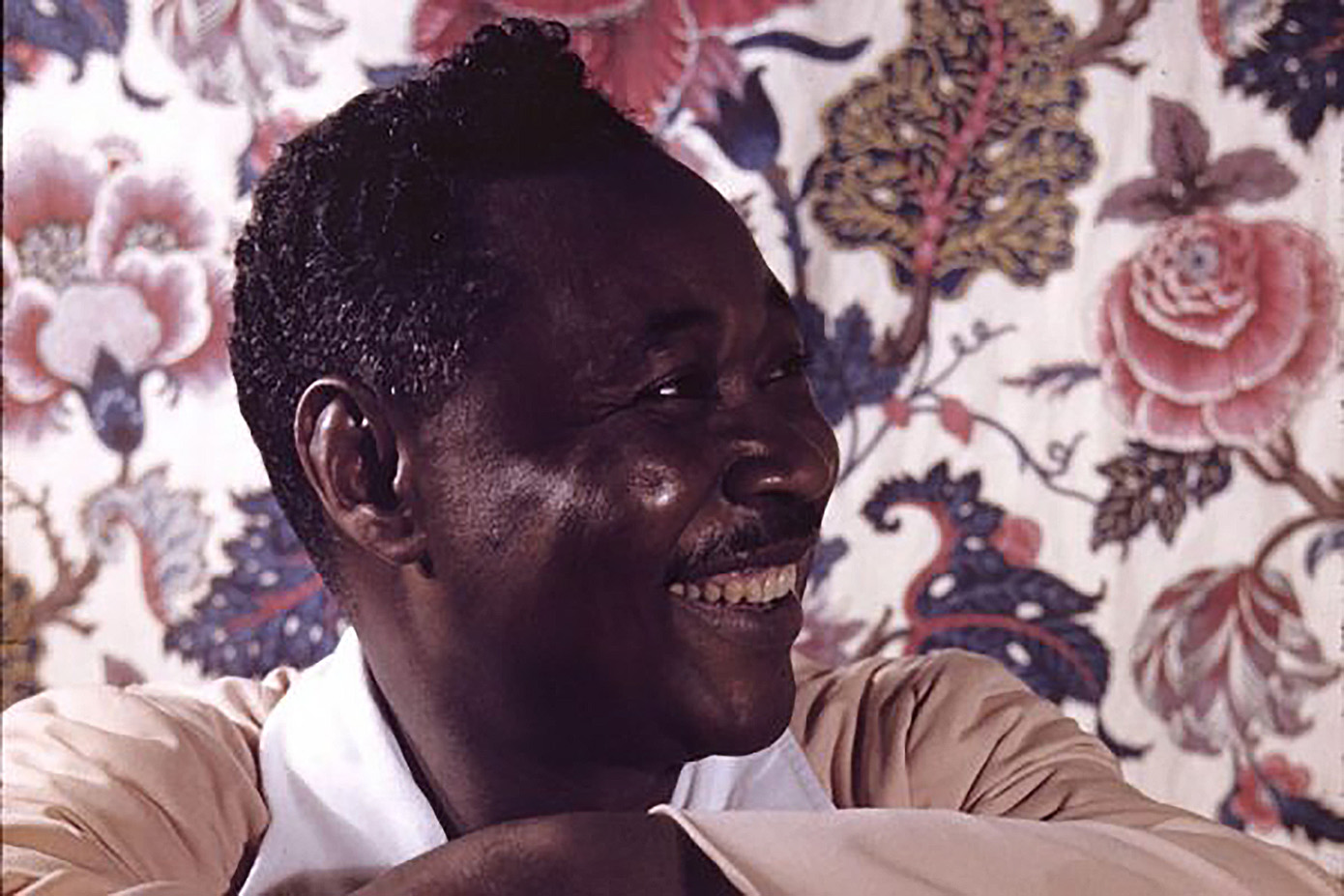Claude McKay, born Festus Claudius McKay on September 15, 1889, in Clarendon Parish, Jamaica, was a pivotal figure in the Harlem Renaissance and a significant voice in African-American literature. He is celebrated for his impactful poetry, novels, and essays that addressed themes of racial identity, social injustice, and the human experience.
McKay’s early life was marked by poverty and racial discrimination in colonial Jamaica. Despite facing numerous challenges, he displayed a remarkable aptitude for education and literature from a young age. In 1912, McKay published his first collection of poetry, “Songs of Jamaica,” which garnered widespread acclaim for its vivid depiction of Jamaican life and culture. This initial success laid the foundation for his future literary endeavors.
If a man is not faithful to his own individuality, he cannot be loyal to anything.
Claude McKay
In 1912, McKay immigrated to the United States, settling in Harlem, New York, during the height of the Harlem Renaissance—a cultural and intellectual movement, that celebrated African-American art, music, and literature. In Harlem, McKay became immersed in the vibrant cultural scene, associating with prominent figures such as Langston Hughes, Zora Neale Hurston, and Countee Cullen.
McKay’s poetry during this period reflected his experiences as a Black man navigating the complexities of race and identity in America. His most famous poem, “If We Must Die,” published in 1919 during the Red Summer of racial violence, captured the spirit of resilience and defiance in the face of oppression. The poem’s powerful imagery and impassioned call to arms resonated deeply with African Americans and cemented McKay’s reputation as a leading voice of protest poetry.
Throughout the 1920s, McKay continued to produce groundbreaking work, including his landmark novel “Home to Harlem” (1928), which was one of the first fictional portrayals of Black life in Harlem. The novel, though controversial for its candid depiction of race, sexuality, and urban life, received critical acclaim and became a bestseller, solidifying McKay’s status as a literary trailblazer.
McKay’s literary output was diverse and prolific, encompassing poetry, novels, essays, and autobiographical works. His writing often explored themes of exile, identity, and the search for belonging. In his autobiography, “A Long Way from Home” (1937), McKay recounted his experiences as a Black man navigating the cultural landscapes of Jamaica, the United States, and Europe.
Despite his literary success, McKay faced challenges and setbacks throughout his life. He struggled with poverty, disillusionment, and disillusionment, and he faced criticism from both Black and white communities for his outspoken views on race and politics. In the 1930s, disillusioned with the United States’ racial climate, McKay left Harlem and spent several years traveling and living in Europe, where he became involved in socialist and communist movements.
In his later years, McKay’s political activism and literary output waned as he grappled with personal and health issues. He passed away on May 22, 1948, at the age of 58, leaving behind a rich legacy of poetry and prose that continues to inspire readers and writers around the world.
Claude McKay’s contributions to literature and social justice endure as a testament to his enduring influence and legacy. His ability to capture the essence of the Black experience with eloquence and insight remains a beacon for future generations of writers and activists striving for equality and justice.
